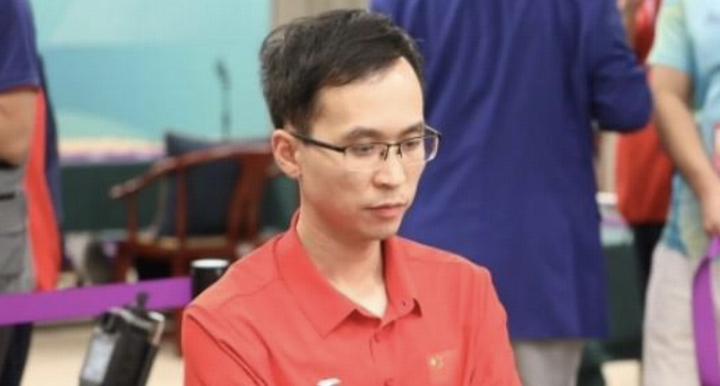The Chess Trading Controversy in Chinese Xiangqi
Recent investigations revealed top Chinese Xiangqi player Zhao Xinxin’s involvement in match-fixing, where single games could be sold for up to 200,000 yuan. This exposes deep-rooted issues in professional Chinese chess.

The professional Chinese chess (Xiangqi) world was rocked by revelations about match manipulation and game trading practices in early 2025. At the center of this controversy is Zhao Xinxin, China’s fifth World Chess Champion and one of the most accomplished players in the sport.
Zhao’s meteoric rise in Chinese chess began in 2003 when he became a professional player at a young age. By 2007, he had already claimed the National Championship title and achieved the rank of Super Grandmaster. His career peaked in 2017 when he won the Asian Individual Championship, completing his collection of major titles.
Industry insiders revealed that Zhao primarily engaged in “selling” rather than “buying” games, with individual matches reportedly commanding prices up to 200,000 yuan ($28,000). This practice involves deliberately losing games or playing to predetermined outcomes for financial compensation.
The mechanics of game trading in Chinese chess are complex and deeply rooted in the sport’s structure. The ease of achieving draws in Xiangqi, combined with the current ranking system, creates opportunities for manipulation. Top players can control match outcomes without arousing suspicion due to their superior technical skills.
This system particularly benefits players like Zhao who occupy the tier just below the absolute top ranks. Their high skill level makes them valuable trading partners for those competing for championship positions, while their slightly lower ranking provides plausible deniability for losses.
The scandal has exposed fundamental issues in professional Chinese chess. The lack of international competition, limited prize money, and a ranking system vulnerable to manipulation have created an environment where game trading flourishes. The recent disciplinary action against 41 players, including Zhao’s lifetime ban, marks a turning point in addressing these systemic problems.
The controversy raises questions about competitive integrity in Chinese chess and highlights the need for structural reforms. Without changes to the current system, including improved financial incentives and more robust anti-corruption measures, the sport remains vulnerable to similar issues in the future.